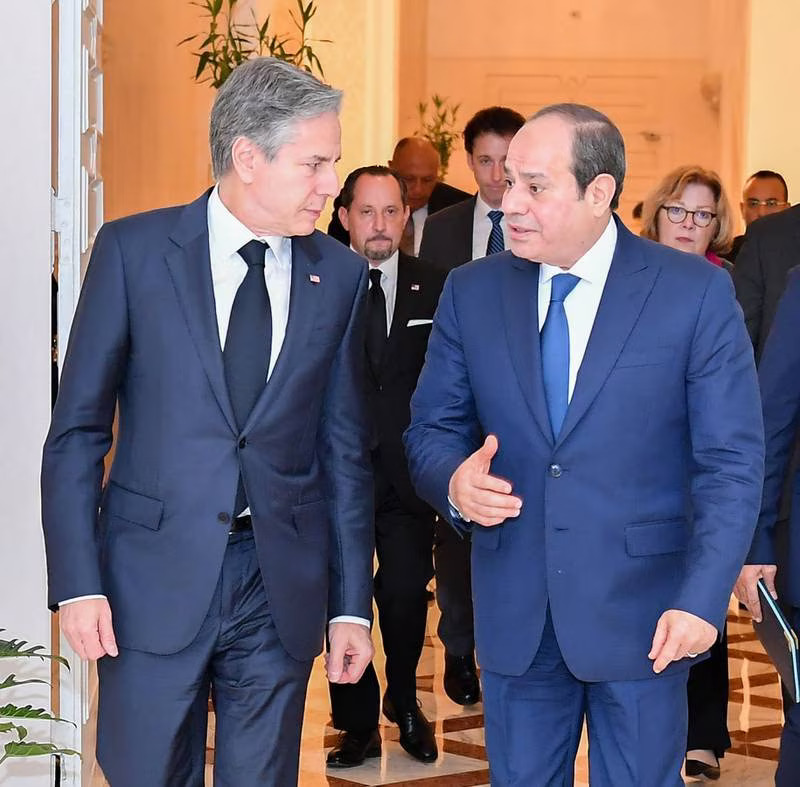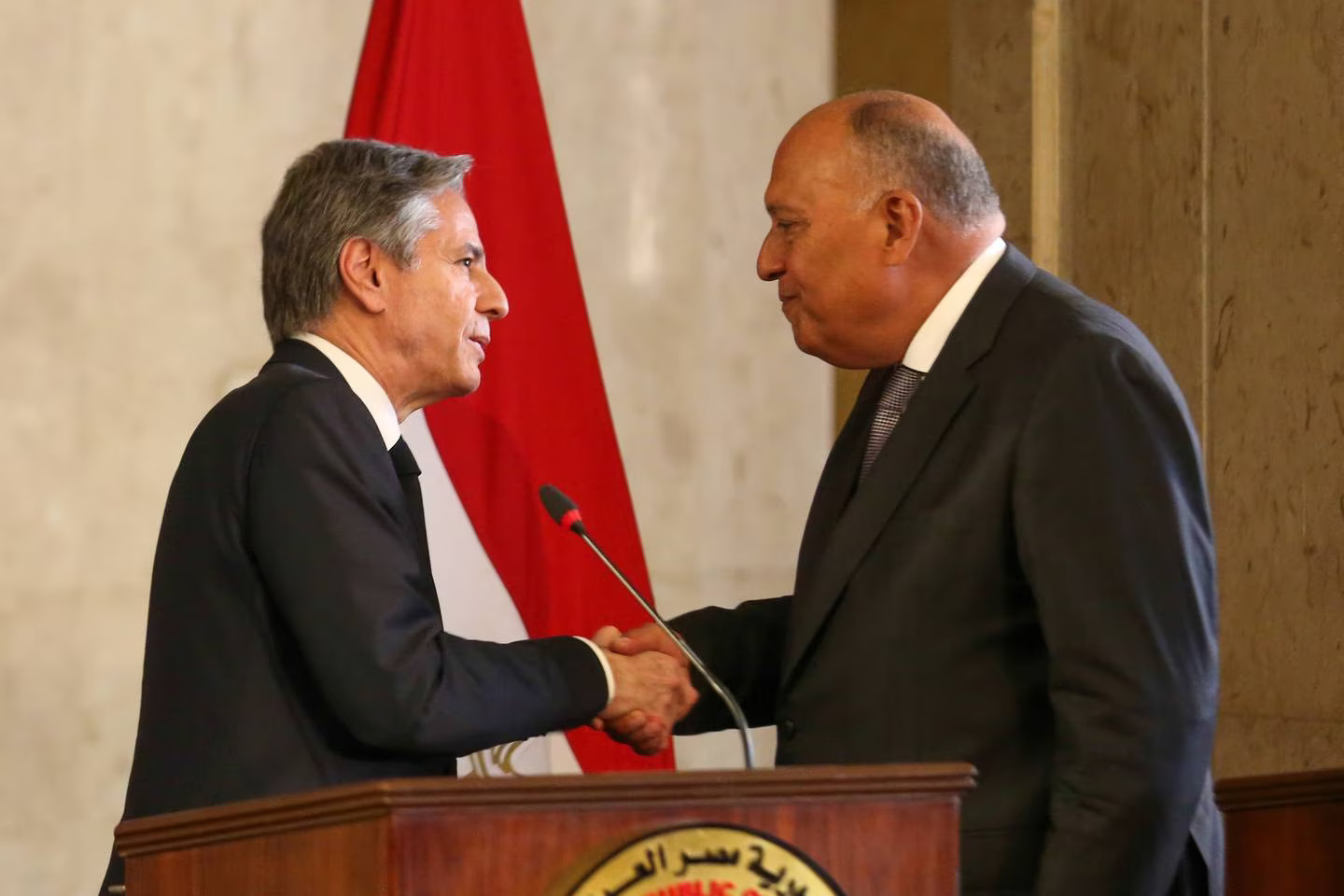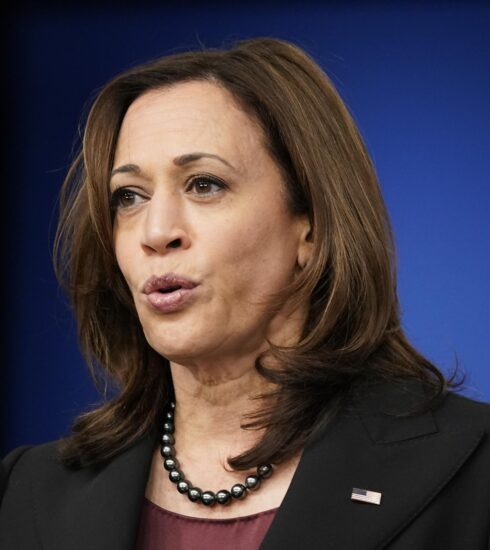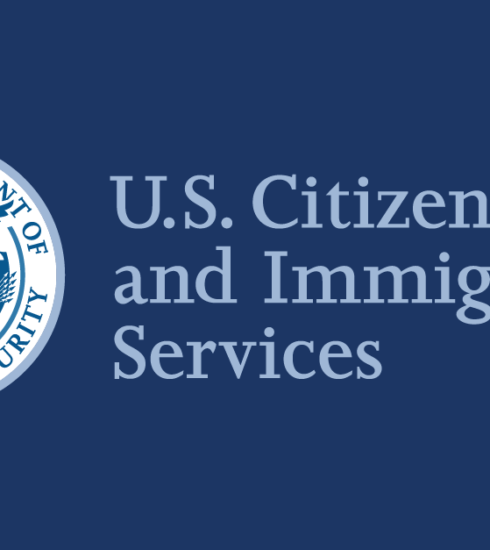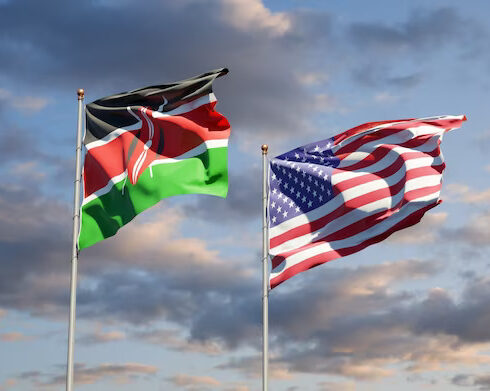The United States has long considered Egypt a strategic partner and a major non-NATO ally and in recent times there seemed to have been little justification for such designations.
The United States established diplomatic relations with Egypt in 1922, following Egypt’s independence from its protectorate status under the United Kingdom and both have since shared a strong partnership based on mutual interests in Middle East peace and stability, economic opportunity, and regional security.
Egypt has received billions of dollars’ worth of US economic and military aid over the past 40-plus years, chiefly as a reward for Cairo’s 1979 peace treaty with Israel, Washington’s historically close ally in the region. Egypt was a leader in the region in the 1950s and 1960s when Gamal Abdel Nasser was president. His Arab nationalism and Arab socialism inspired an entire generation, though not always for the better. His approach to economic development through state-controlled enterprises was widely imitated even though it remains an obstacle to growth in many countries till date.
The influence of Egypt in the Middle East made it a no-brainer for The United States not to take Egypt on board as an ally. Its human rights abuses and restrictions of freedoms in recent years had placed the most populous country in the Arab world in a controversial position. Fierce Western condemnation of its human rights record caused President Al-Sisi to turn elsewhere for allies, especially within the region where there is less sensitivity about human rights. In 2021, trade between Egypt and other Arab countries increased by nearly 20%.
At the beginning of the year 2022, the U.S. withdrew $130 million dollars in military aid to Egypt, which undoubtedly harmed relations between Cairo and Washington. The U.S. administration has been vocal against President Al-Sisi’s repression of liberties and human rights violations, but President Al-Sisi seemed unbothered by his cooling relationship with the U.S.
- Anthony Blinken and Egypt’s President Abdel Fattah El Sisis discussed Cairo’s regional role as well as bilateral development and human rights in talks on Monday. EPA
- Egyptian Foreign Minister Sameh Shoukry (R) with US Secretary of State Antony Blinken (L) after their meeting in Cairo on Monday. EPA
Well, there is optimism all that may be about to change very soon as US Secretary of State Antony Blinken in a visit to Cairo in January met with President Al-Sisi and other top government functionaries in a bid to smoothen and forge a stronger alliance.
Blinken, while calling on Cairo to do more on its human rights record, emphasized the strategic ties binding the two nations. Citing the numerous times both countries have cozied up together to achieve common goals.
The United States and Egypt have begun cooperating closely to de-escalate conflicts and promote sustainable peace, including by supporting UN mediation to enable elections in Libya as soon as possible and restoring a civilian-led transition in Sudan through the Framework Political Agreement.
There is no doubt that the U.S.-Egyptian relationship has served the two sides well. Two decades of military cooperation and training have moderated Egypt’s military establishment, the most powerful institution in Egypt, and made it a reliable U.S. partner. During the Gulf War, Egypt’s support was central to Arab participation in the war against Iraq; Egypt’s willingness to keep open its canal in a period of crisis and allow overflight and refueling cannot be taken for granted. These ties remain central to the U.S. ability to project and protect its strategic interests in the world’s most volatile region.
Despite the continued condemnation of its human rights record, Washington seems to be in the know of what the Middle East would look like without a strong U.S.-Egyptian relationship. A nuclear-inclined or -armed Egypt, ambiguous on the issue of terror, uncertain on peace with Israel, and disinclined to negotiate would drastically recast the management of the Middle East.
According to several diplomats who have served in Washington over the past three decades, Middle East peace remained and will always remain much more consequential to Egyptian-American relations than anything related to democracy or human rights. This, they freely admit, is a cross-partisan practice.
In the spring of 2021, US President Joe Biden had two consecutive phone calls with Egyptian President Abdel-Fattah El-Sisi over a few days when Egypt was mediating a ceasefire to put an end to the Israeli aggression on Gaza. The phone call came at a time when the disagreements on human rights and democracy practices in Egypt were still unresolved, following an election cycle in the US where Biden had made an issue of referring to the human rights situation in Egypt.
As things stand today, Egyptian government officials insist that notwithstanding the fact that other regional players have become involved in promoting Arab-Israeli peace, Egypt remains a quintessential player in this respect.
The US on its part is still providing “considerable support to Egypt on many fronts,” including Egypt’s water security and economic stability.
Secretary of State Antony Blinken during a joint news conference with Sameh Shoukry, his Egyptian counterpart when he visited in January said the US intended to contribute $600 million to the construction of an underwater telecom cable that would serve Egypt and the Horn of Africa region.
Another $50 million will be given to Egypt to support agriculture in the most populous Arab nation. The countries have also decided to form a joint economic committee to promote cooperation between the two allies and the annual US military aid to Egypt currently runs at $1.3 billion.
Additionally, the U.S. government has invested $604 million to grow and digitalize Egypt’s telecommunications sector; imported $5.9 billion in U.S. commodities to construct, expand, and modernize Egyptian infrastructure; offered $350 million in scholarships and exchange opportunities to more than 23,000 Egyptian and American students and mid-career professionals; and provided $100 million to conserve Egypt’s cultural heritage.
Total bilateral trade in goods between the United States and Egypt stood at $9.1 billion in 2021, the highest level ever. Egypt is the United States’ largest export market in Africa. U.S. exports to Egypt include wheat and corn, mineral fuel and oil, machinery, aircraft, and iron and steel products. U.S. imports from Egypt include apparel, natural gas and oil, fertilizers, textiles, and agricultural products.
Several sources also refer to the current support that the US is giving Egypt for its demand for a fresh loan from the IMF to help overcome economic difficulties coming as a result of long economic slowdown due to the pandemic and the war on Ukraine.
These sources say that there was always room for disagreements between Egypt and the US be it on governance, Israel or other foreign relations issues like Egypt’s decision not to denounce Russia’s war in Ukraine. However, they add that what is at stake is a lot more significant. What is at stake, they say, is the stability of one of the most consequential countries in the Middle East/Mediterranean regions and the stability of these regions and that of East Africa.
There are lots of advocates in the United States, in Washington in particular, that have sought to leverage U.S. assistance to Egypt to pressure Egyptian governments on the issue of human rights. In all honesty, at no time has that worked in achieving or furthering the objective of human rights as they see it in Egypt.”
Egypt on its part has made attempts in the last two decades to improve on its questionable human rights record and open its economy to competition and greater private sector leadership.
Needless to say, Egyptian-American relations took center stage, with special emphasis on working together to avoid escalation in the occupied West Bank, the reaffirmation of the two-state solution, economic relations, and American support for a negotiated deal between Egypt, Sudan, and Ethiopia concerning the Grand Ethiopian Renaissance Dam, a deal that would take into consideration the interests of the three parties.
There is no other way to put it. The relationship between The United States and Egypt is a mutually beneficial one and both countries would do well to bear that in mind going forward.


